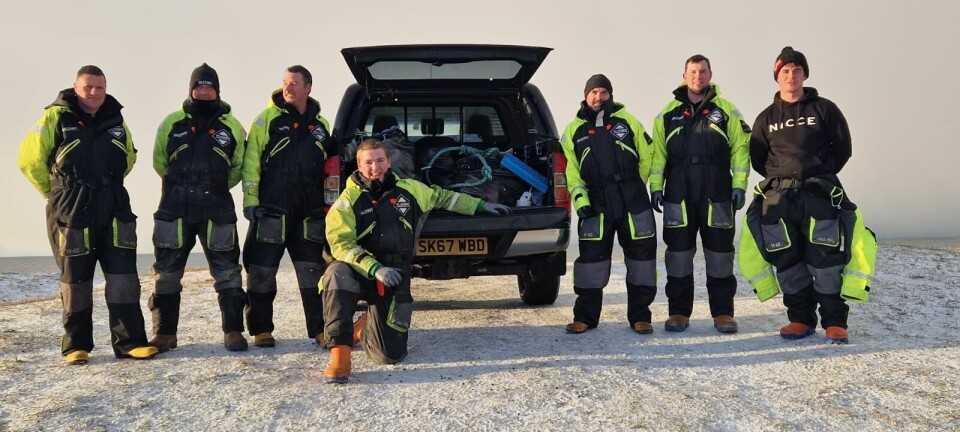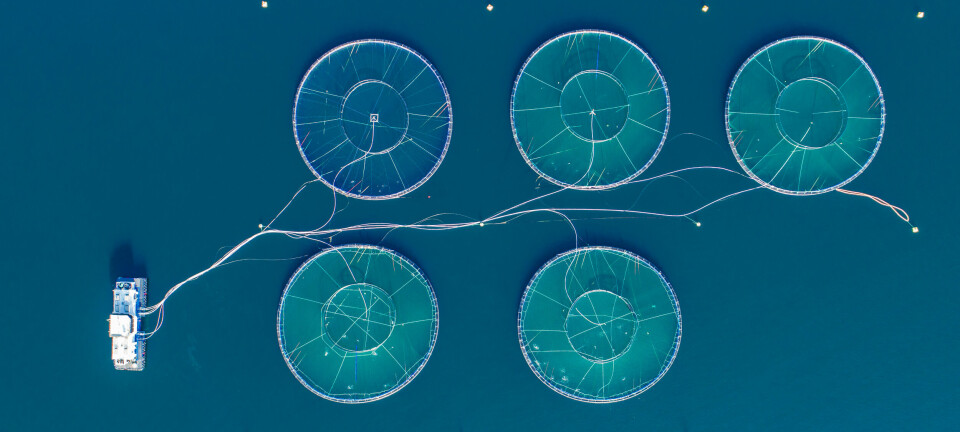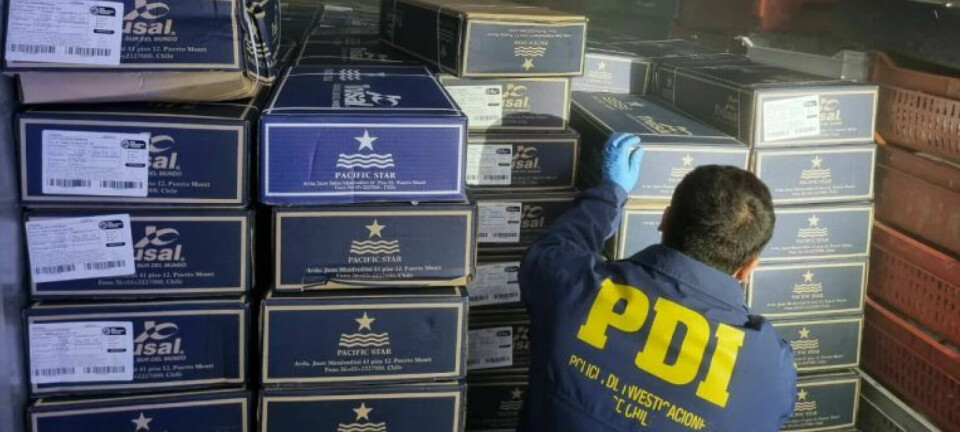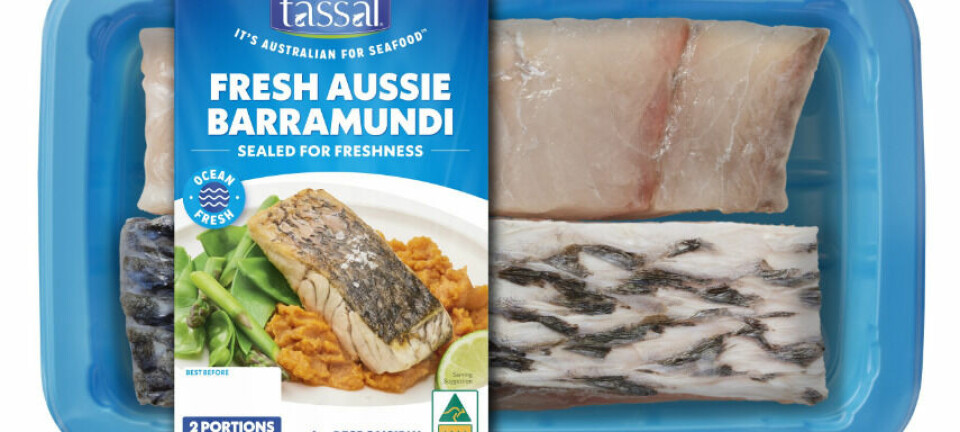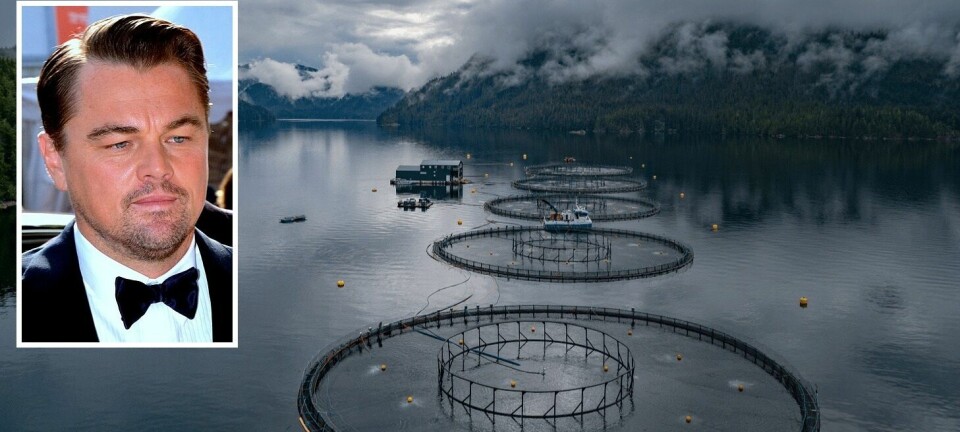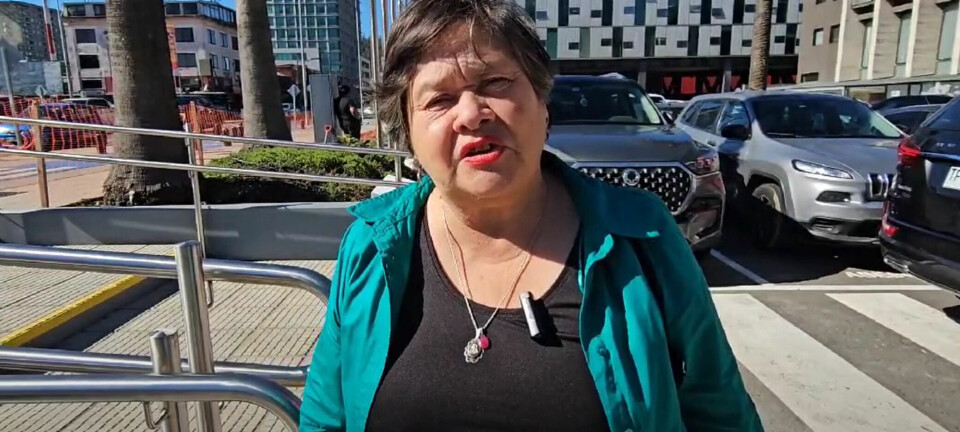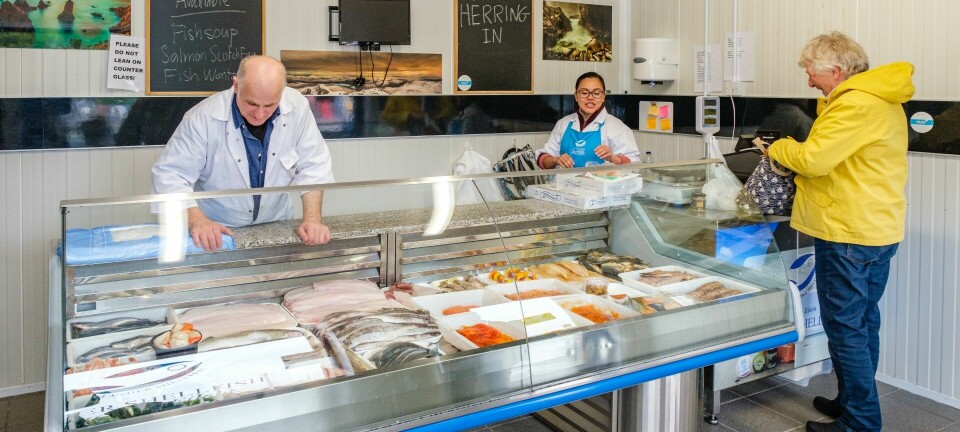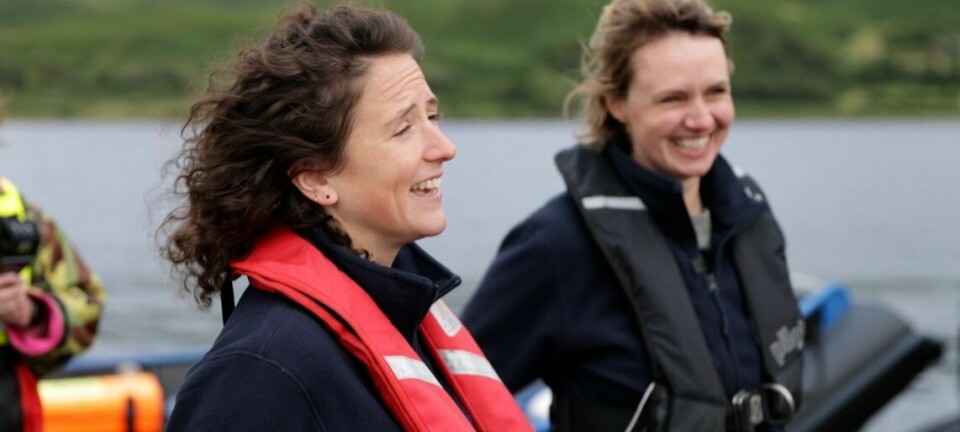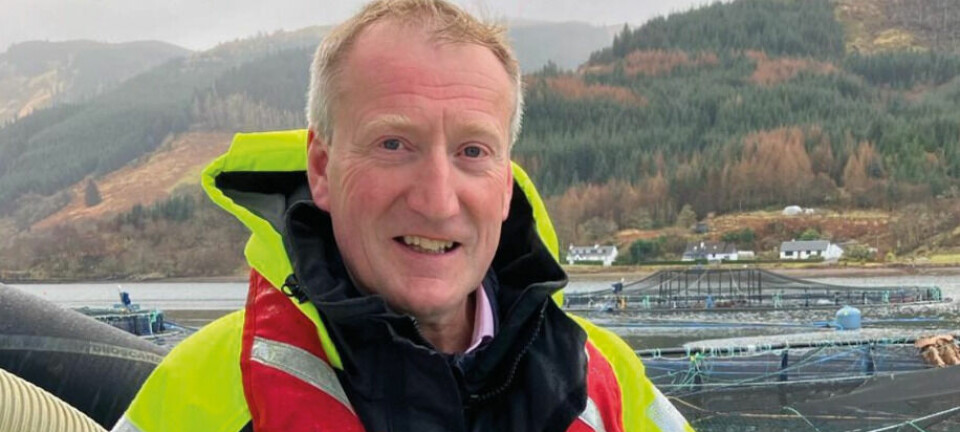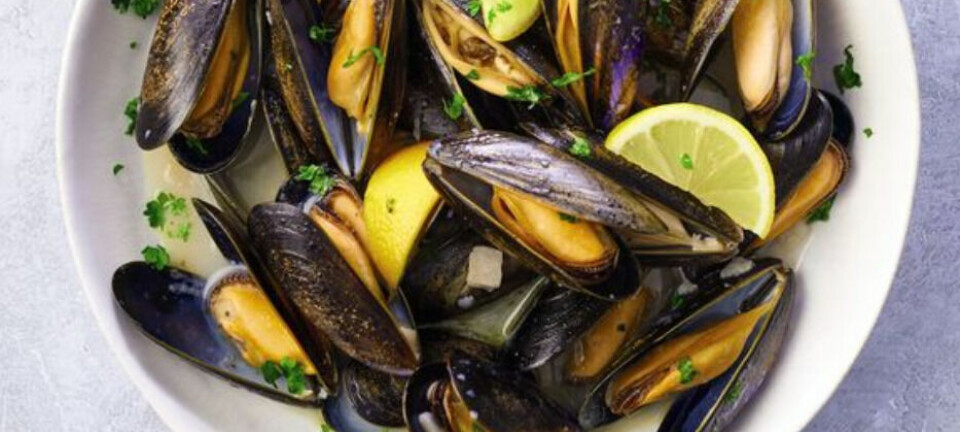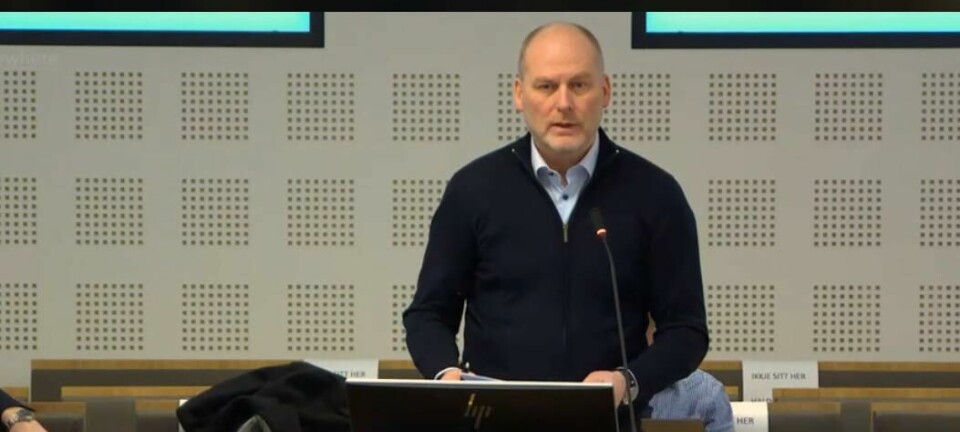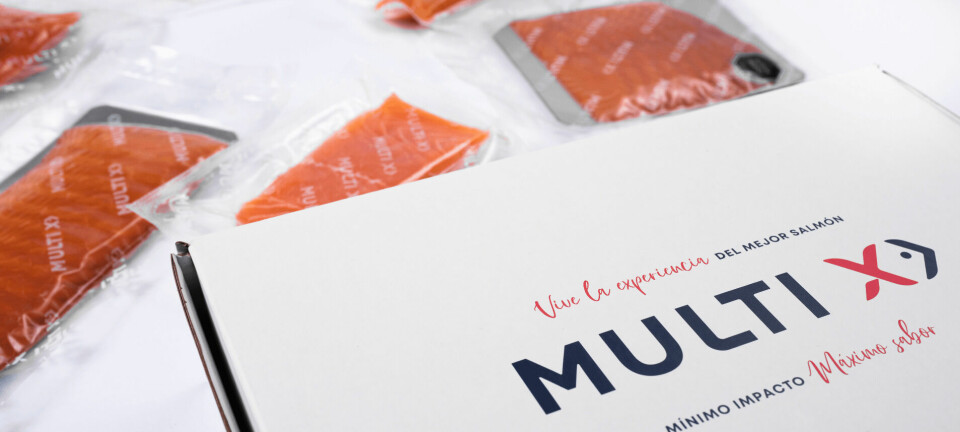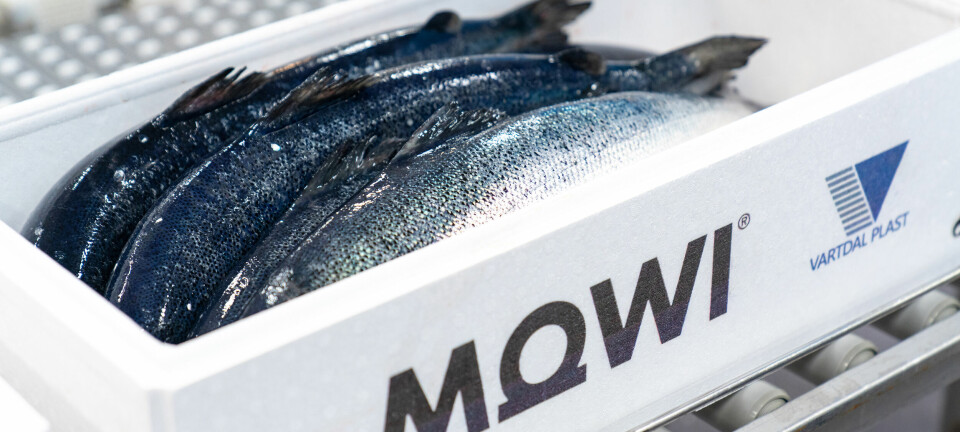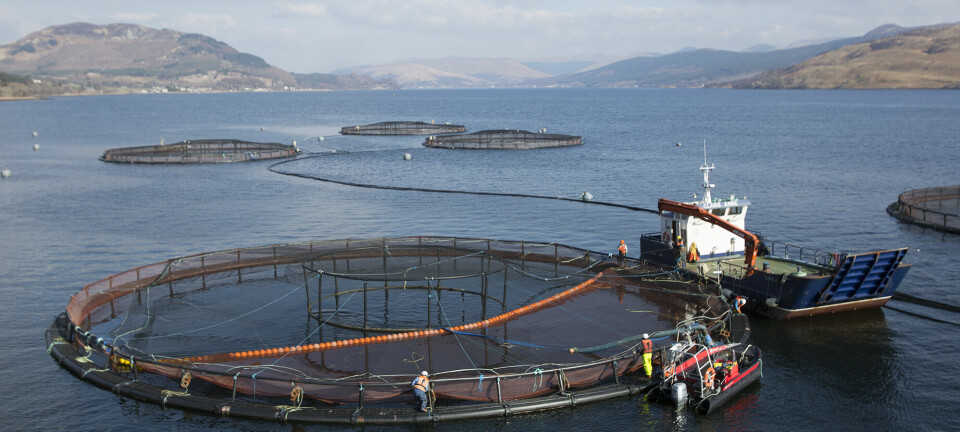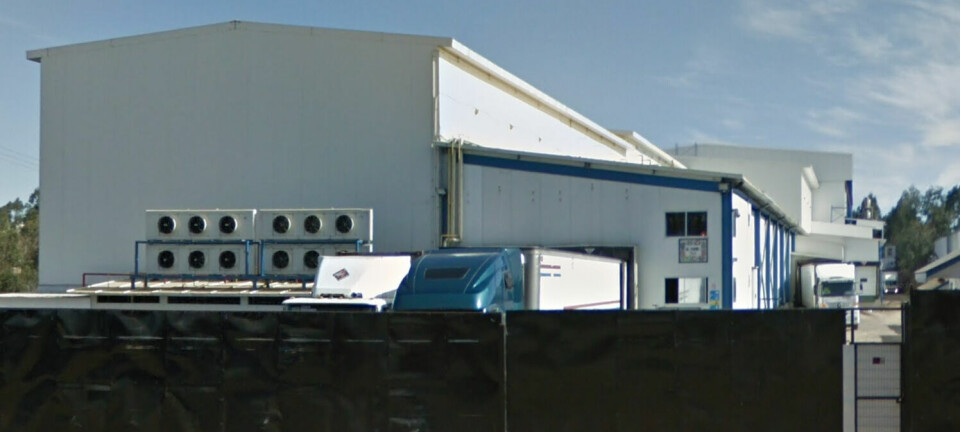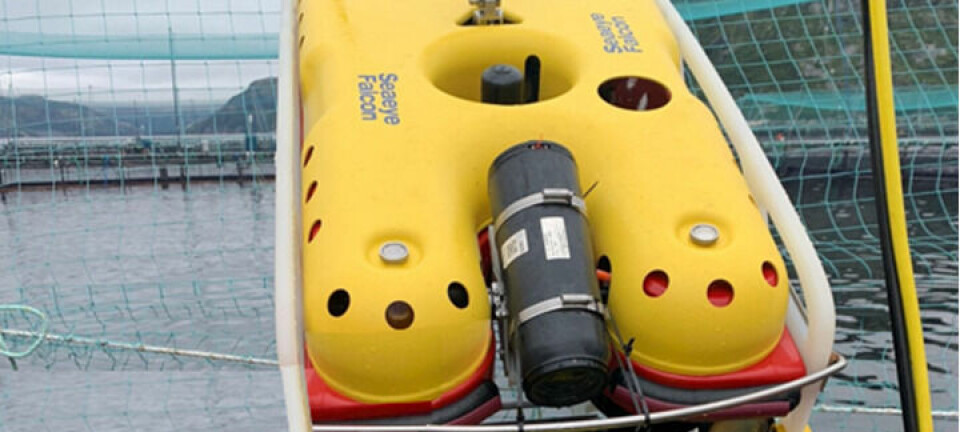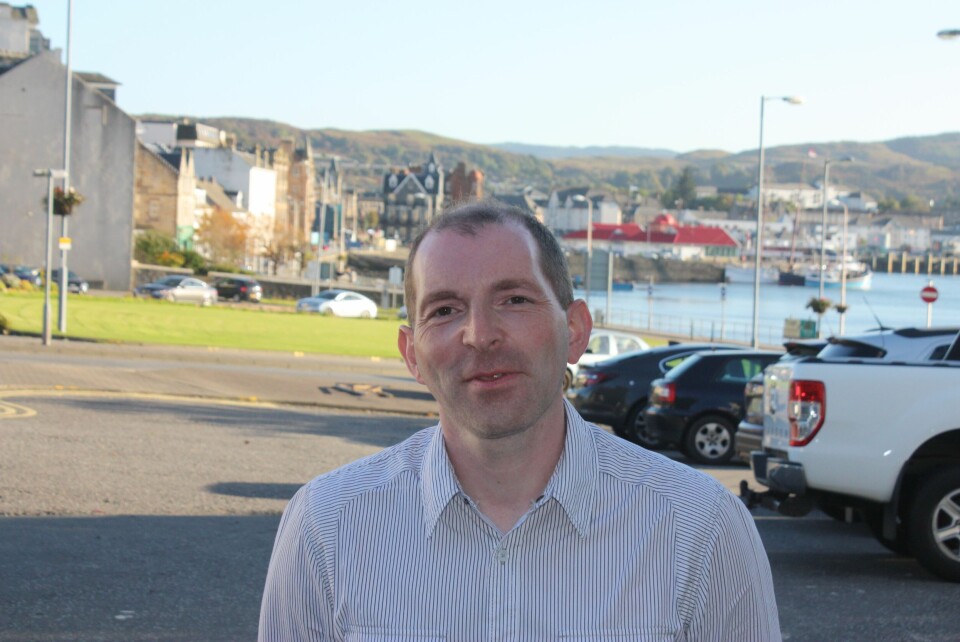
Spat hatchery potential revealed
Scotland’s mussel industry could be earning farmers an additional £5 million a year if existing sites were producing at full capacity.
This startling fact was revealed by Gregg Arthur, head of the NAFC’s marine hatchery, at the Association of Scottish Shellfish Growers’ annual conference, which took place in Oban last week. He went on the explain that production is largely being limited by the unreliability and inconsistency of wild spat – a problem that he is currently tasked with trying to resolve.
Speaking to assembled delegates, he outlined the potential offered by the £1.9 million “stepping-stone hatchery” – both for improving the productivity of existing sites and for allowing the establishment of new ones – that he is currently developing at the NAFC marine centre in Scalloway.
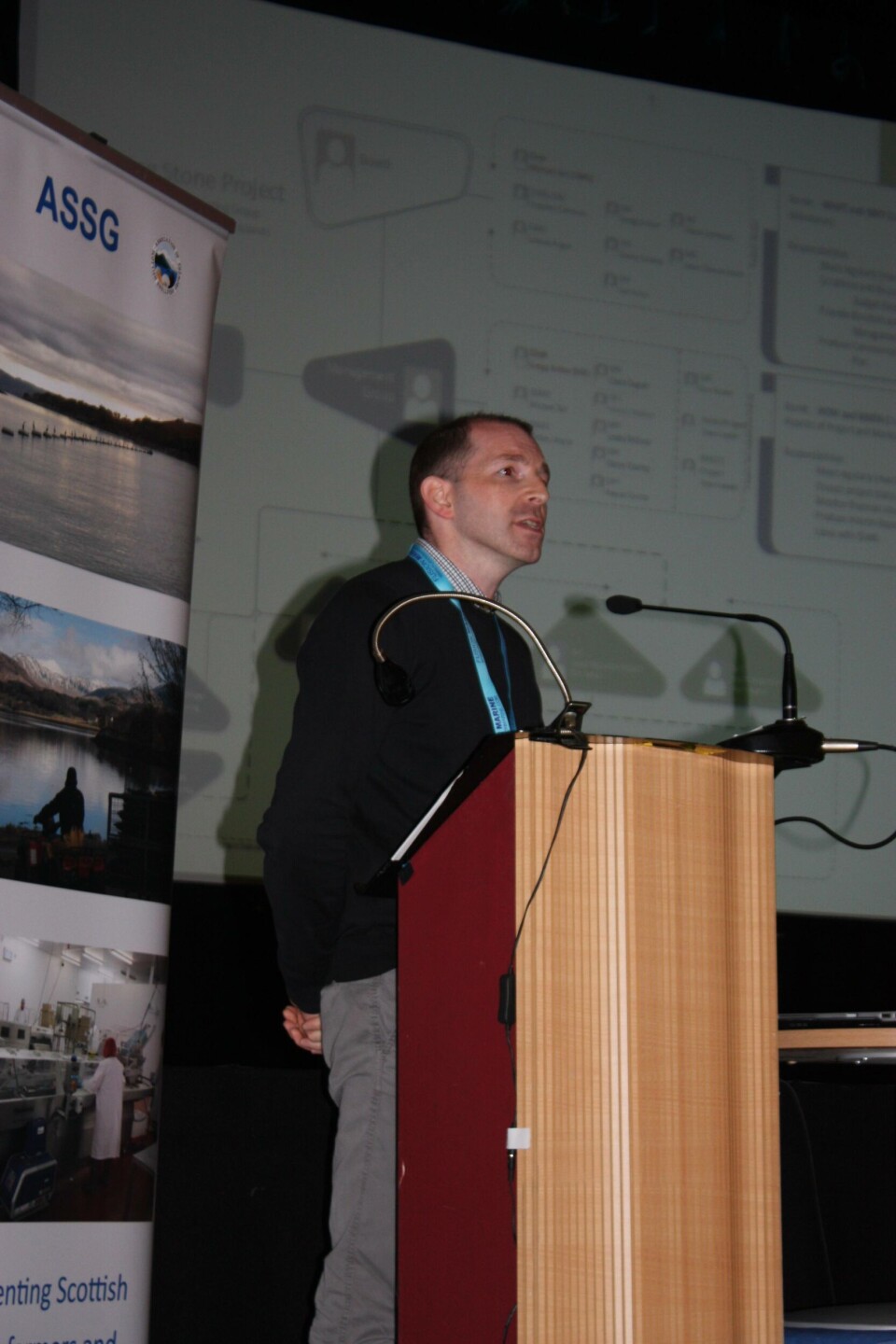
Phase 1, he explained – the set-up process – is now complete, using “a modular, scalable technique, very much like that used by Spring Bay Seafoods, in Tasmania, which will allow us to increase it to a commercial scale in time”.
However, he was at pains to point out that phase 2 – the R&D – will take two full years to monitor and the project is still some way off commercial production of spat.
“It’s quite a leap to go full scale and we need to prove the concept first to take away the risk…but we could be looking at something commercial in a few years’ time,” he explained.
Although it is early days, however, he does remain optimistic about the project and, despite “some slippages” has been pleased by what’s been achieved to date.
“We’ve managed to get the mussels to spawn through to October and are now trying to select the right breeding stock, with the help of Xelect,” he explained.
Moreover, he was keen to stress the potential value of the project to Scotland’s shellfish sector, having been to Tasmania to visit Spring Bay last year and seen the positive impact it has had on the industry Down Under.
What’s more, he’s managed to persuade the Tasmanians to act in an advisory capacity.
“Spring Bay is fully onboard in terms of a consultancy role and are planning to visit in the spring to give us some guidance,” Gregg added.



































